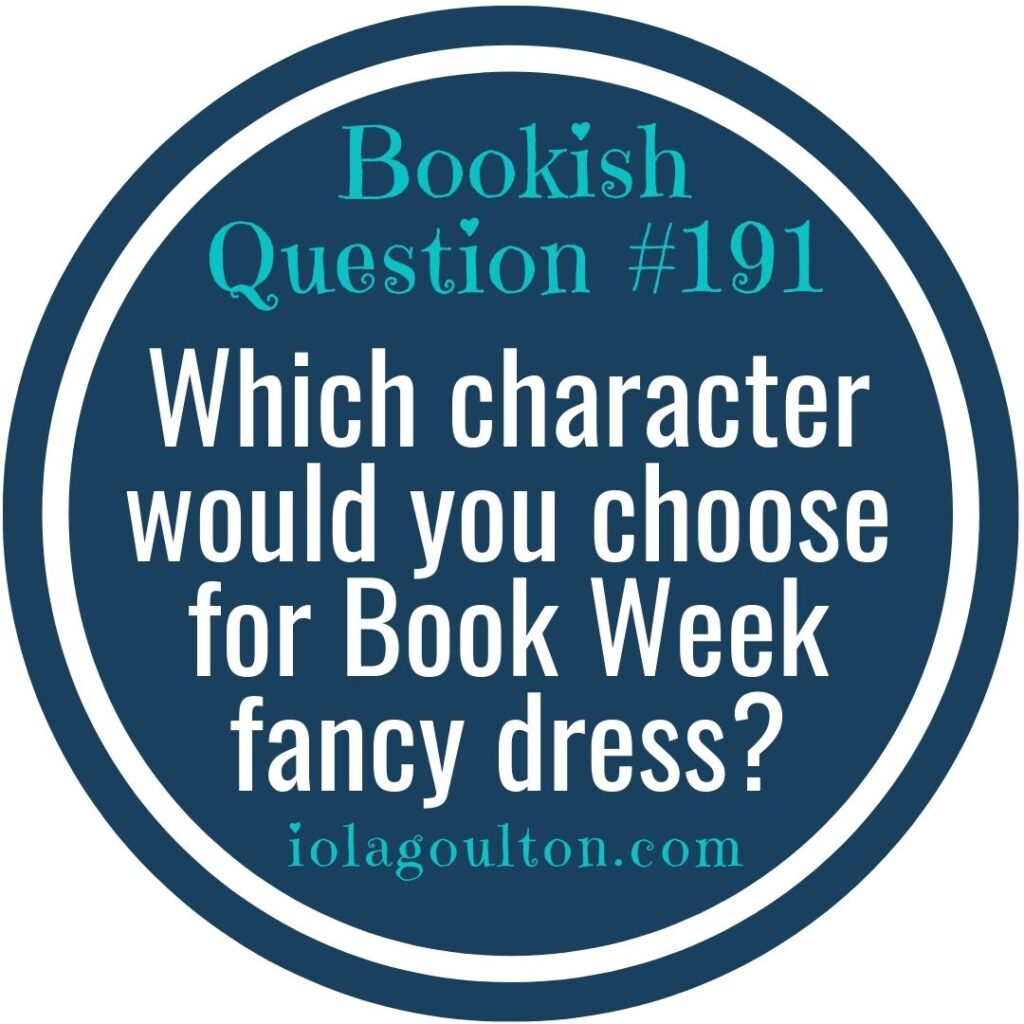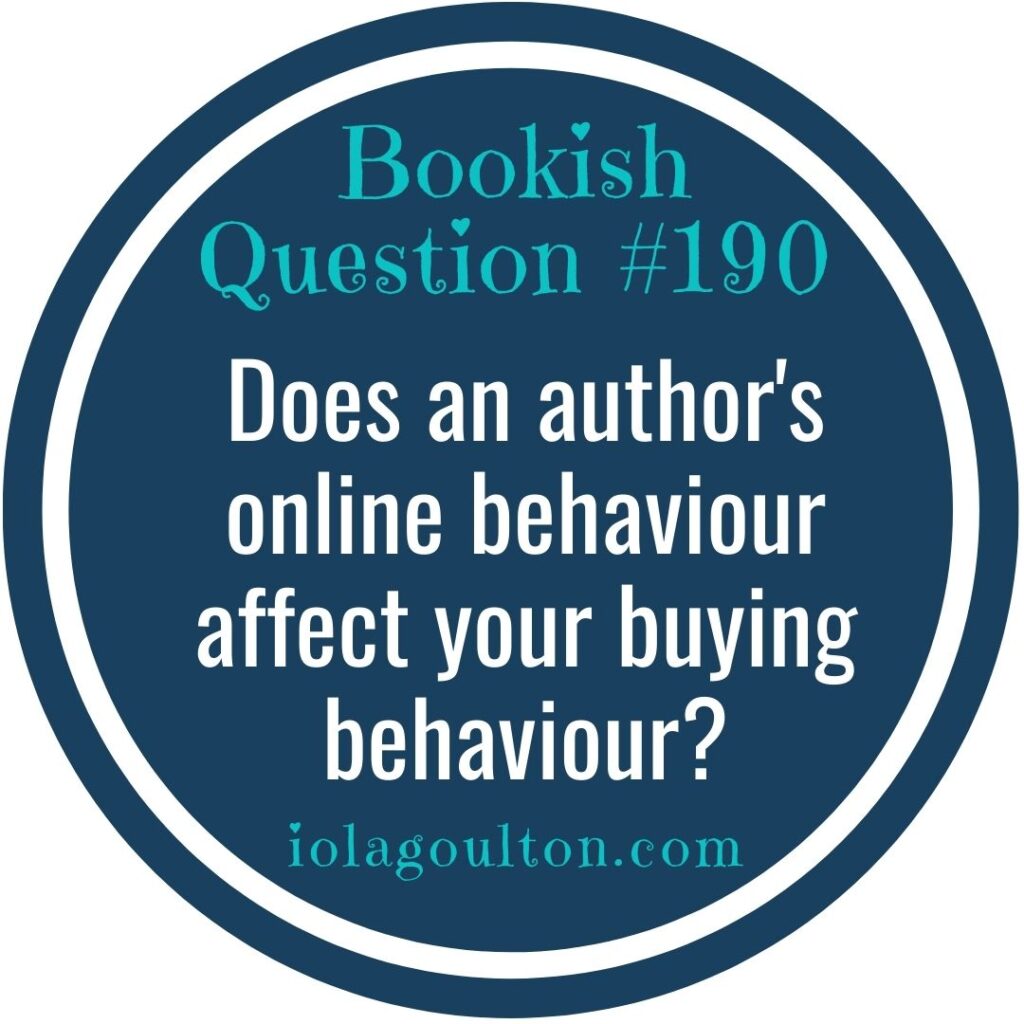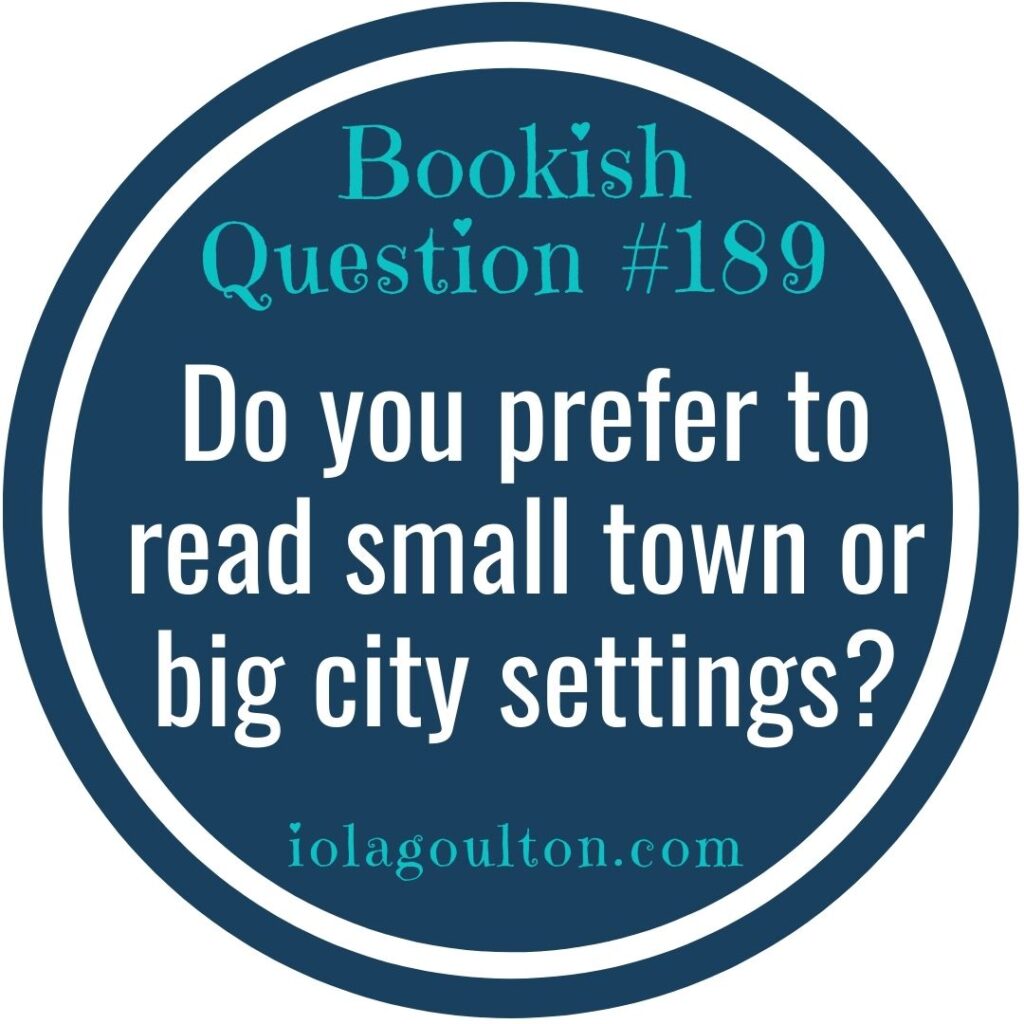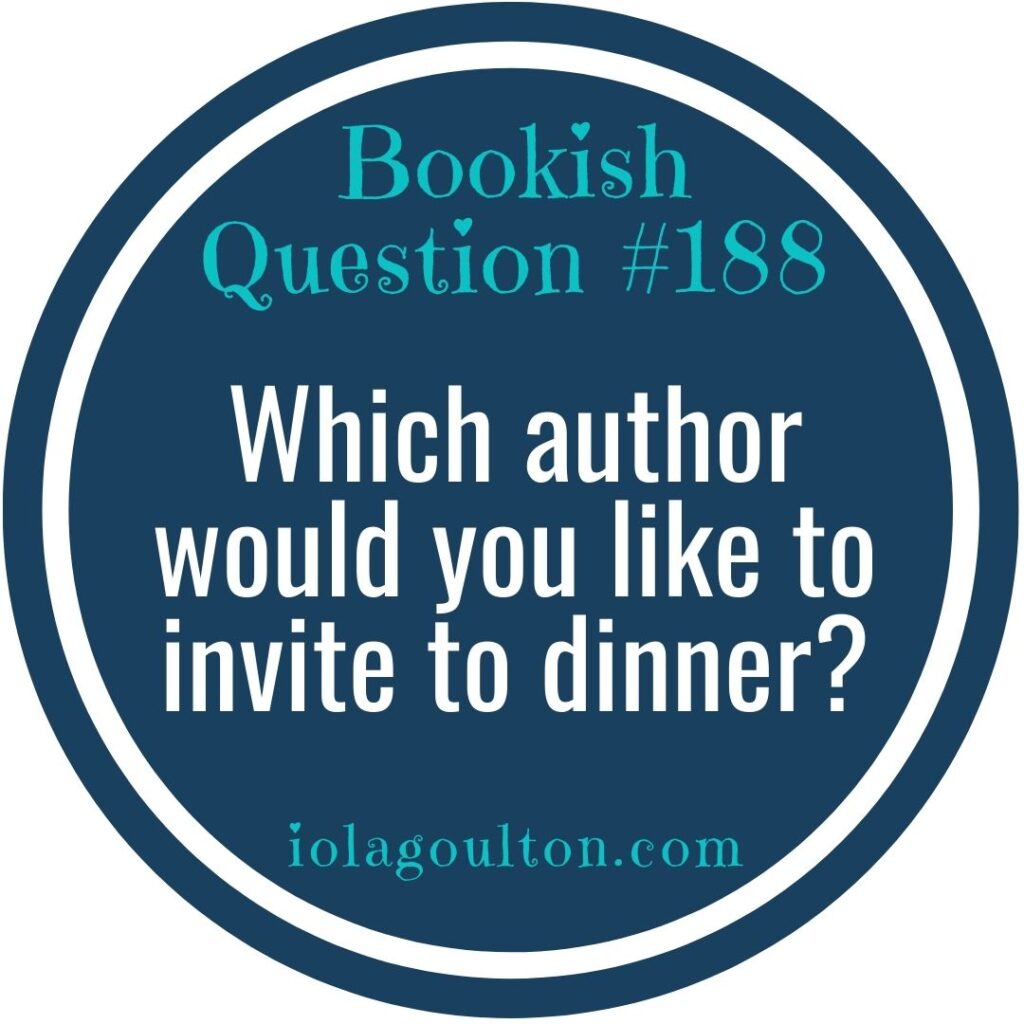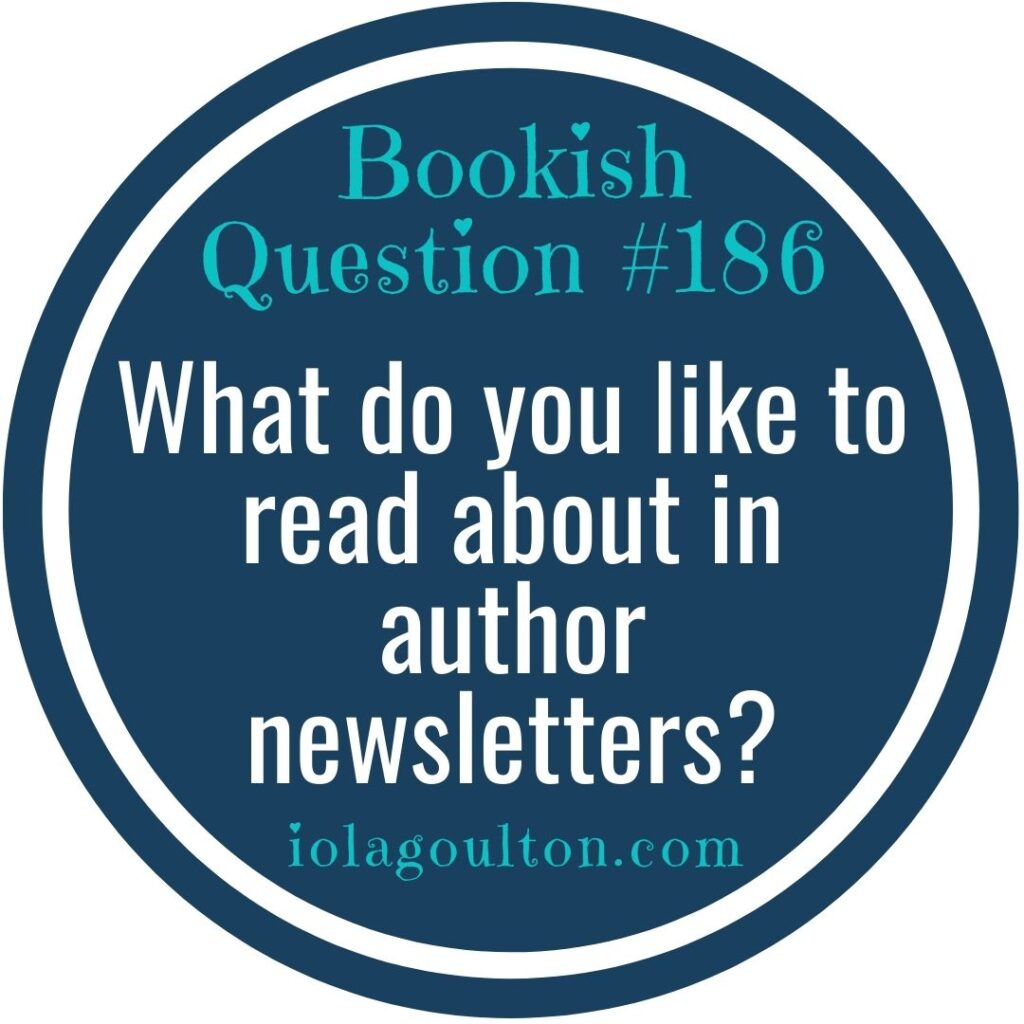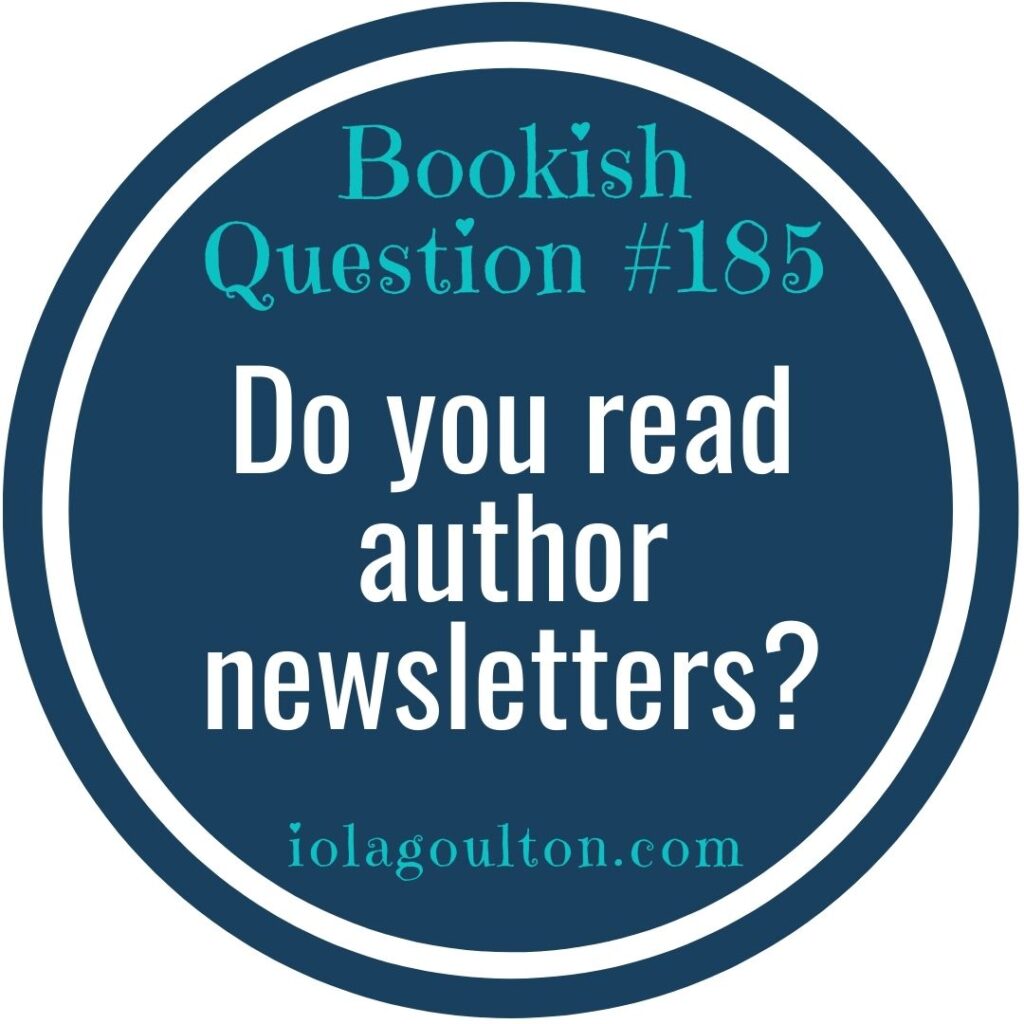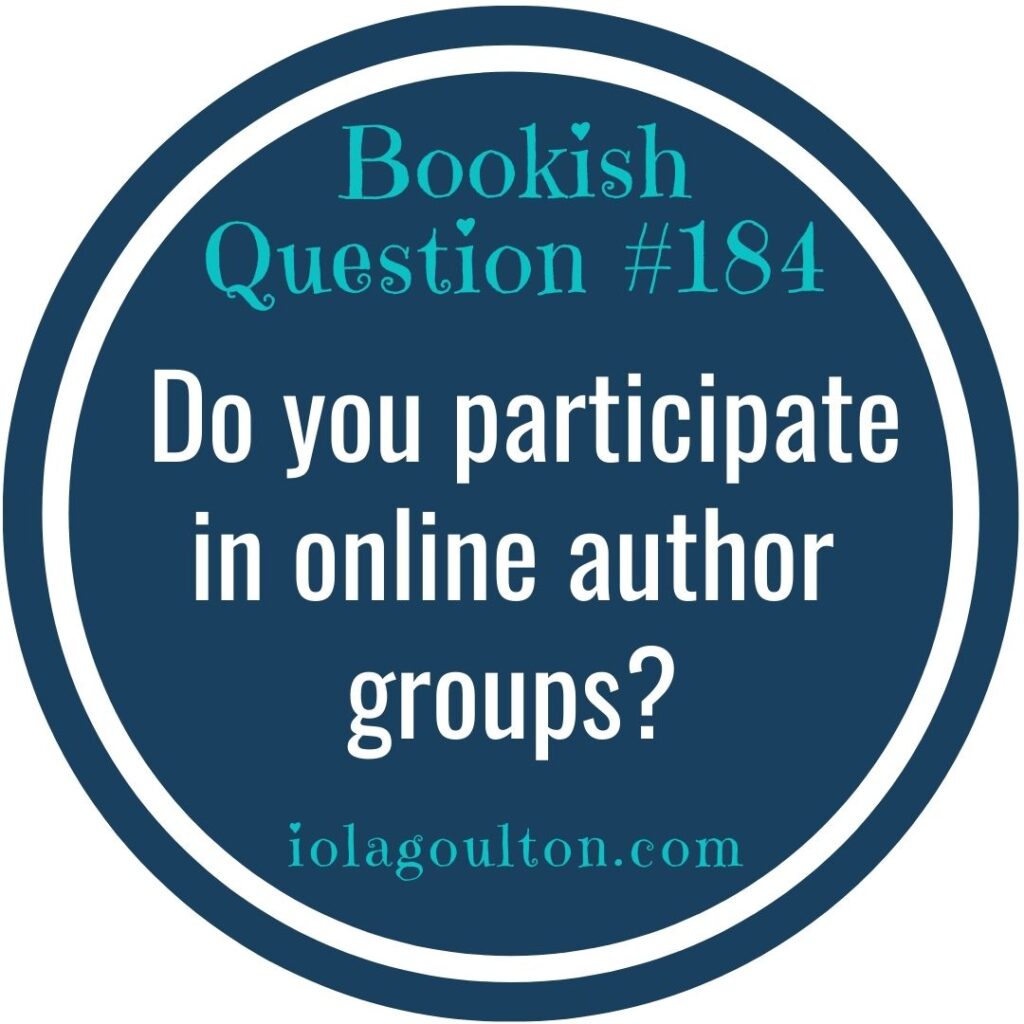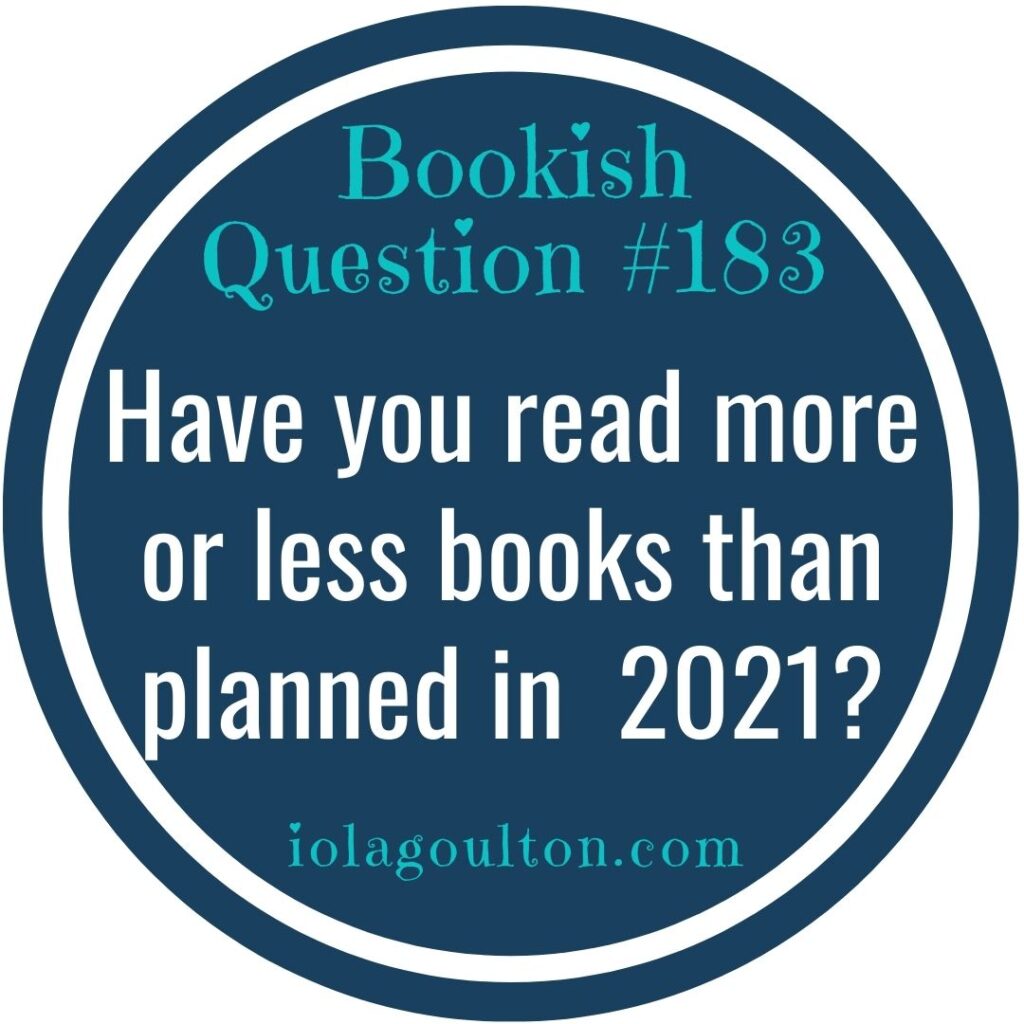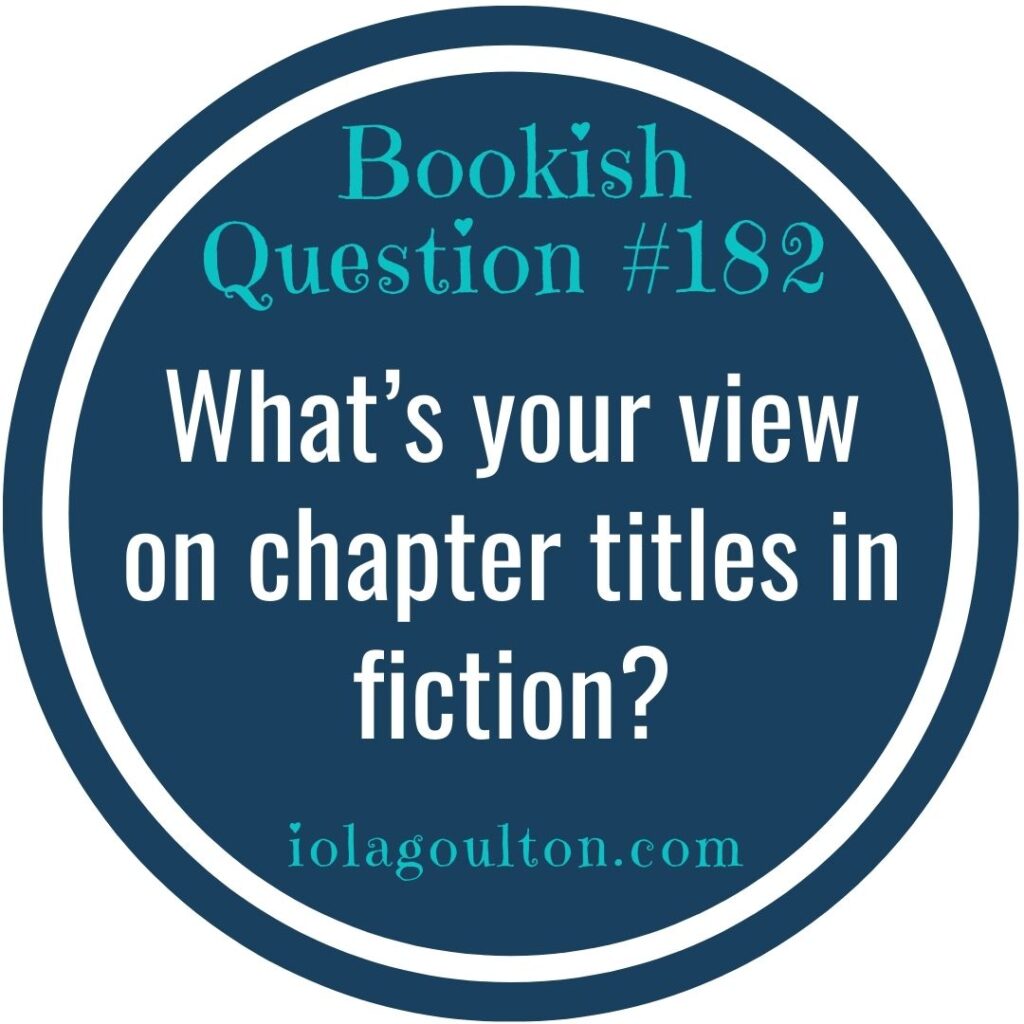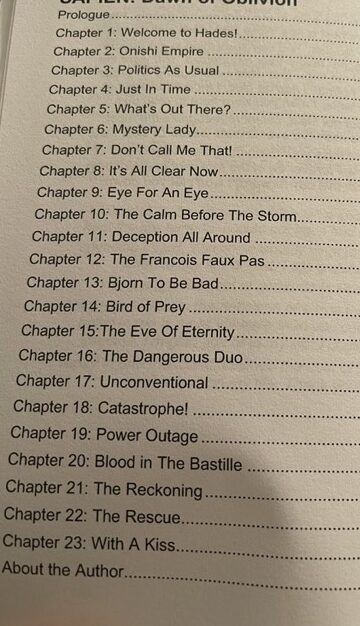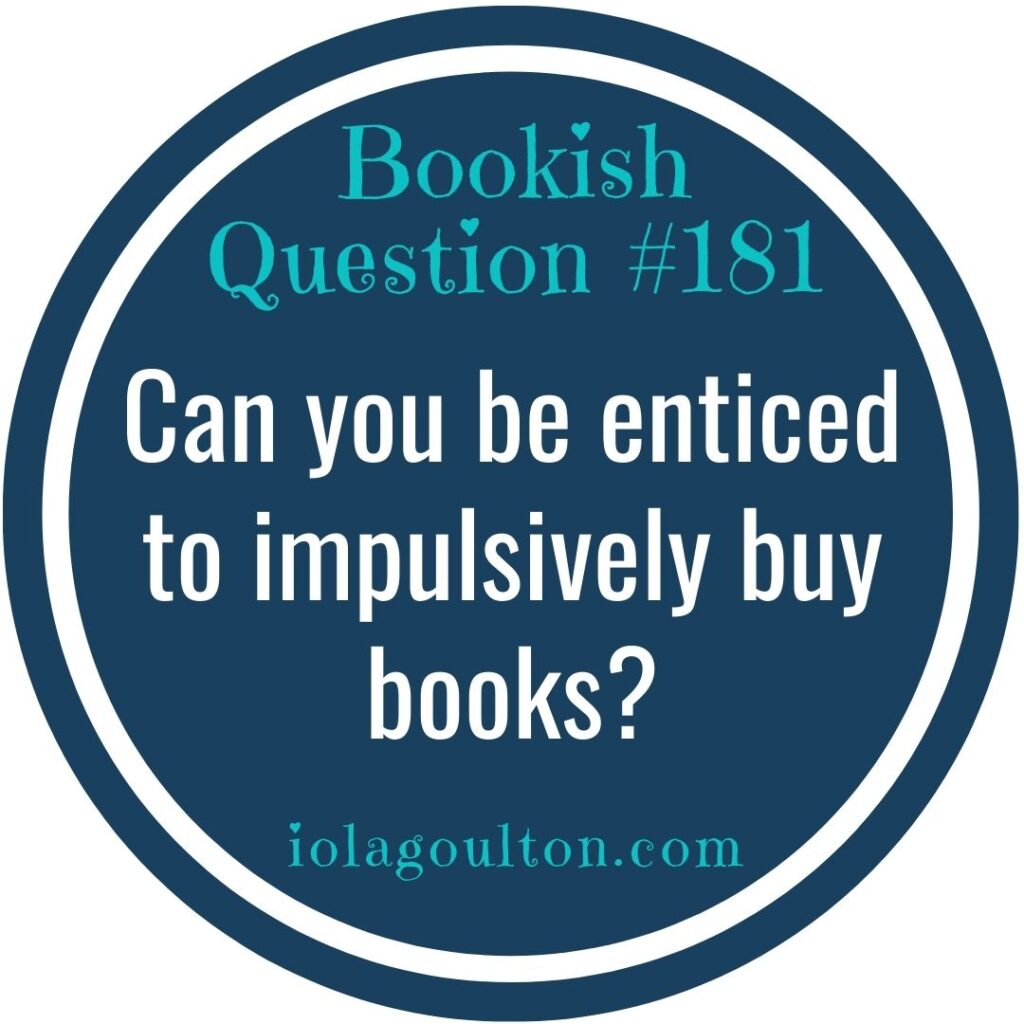I’m part of several active Facebook groups for authors (as well as a few for readers).
I’m also a member of dozens of Facebook groups for authors which I never visit because they are nothing but havens for post-and-run spammers. I should probably do myself a favour and leave the groups, I forget I’m in the groups because I never see the posts.
Off topic, but that’s one reason (of many) why it’s not a good idea to spam Facebook groups: no one will see the posts, so what is the point?
Anyway, it won’t surprise you to hear my favourite Facebook groups are the ones where the admins keep a tight lid on spam. In fact, “no spam” is a rule in all the groups I’m admin for.
Off topic again: it always amazes me how many so-called writers can’t read group rules that say things like “no links” or “no self-promotion” or “no spam”. Either they can’t read the rules, or they think they’re above the rules. Why else would you spam a group that forbids spam, or post links in a group that says no links?
Several of the writer groups I’m in are member-only groups i.e. only paid members of a specific writing organisation or paid training course can join the group. Those are some of the most useful.
Others are general groups that anyone can join, as long as they agree to the group rules (e.g. no spam).
My favourite groups are:
Australasian Christian Writers
Christian writers (and readers) from Australia, New Zealand, and around the world. An excellent place to ask questions and get advice that’s not US-centric.
Christian Writers Downunder
The first online author group I connected with, thanks to Paula Vince inviting me.
International Christian Fiction Writers
In this group “international” means “not from the USA”, because it’s important to know there is more to Christian fiction than the books published by the major US-based publishers.
SPF Community
A free group by Mark Dawson of Self Publishing Formula. He also has paid groups of those in his paid courses. This isn’t a Christian group so the content is sometimes a little more adult, but Mark is one of only a handful of writer coaches who earns more from writing and publishing than from teaching. As such, he is walking the talk rather than talking the walk.
Association of Christian Writers
Yes, another ACW. This one is a writing group for British Christians, and they allow non-members to join their Facebook group.
Christian Authors and Writers
The biggest group I’m a member of, and which has a lot of new writers and unpublished Christian authors.
Strengths for Writers
Author and Gallup-certified Strengths coach Becca Syme discusses the application of Gallup Strengths for writers … and for life in general). If you’ve every wondered “why do I find it hard to …”, then Becca has the answer.
Each group serves a different purpose.
Some allow me to learn, some allow me to teach, some allow me to connect. All are important.
I’m also a member of many reader groups … but that’s a topic for a different post.
What about you? Do you participate in online author groups?

